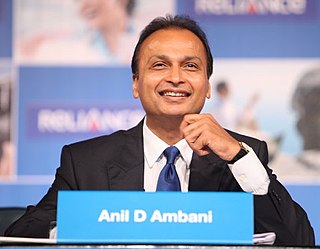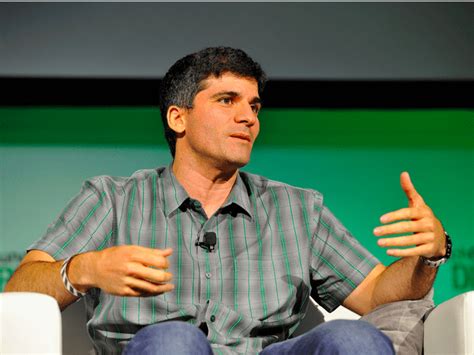Top 1200 Big Companies Quotes & Sayings - Page 2
Explore popular Big Companies quotes.
Last updated on December 20, 2024.
Even companies that do big business online struggle to be noticed by Google users. The Web, after all, is home to some 120 million Internet domains and tens of billions of indexed pages. But every company, big or small, can draw more Google traffic by using search-engine optimization - SEO, for short.
There are companies that are good at improving what they're already doing. There are companies that are good at extending what they're doing. And finally there are companies that are good at innovation. Every large company has to be able to do all three - improve, extend, and innovate - simultaneously.
Their [American banks] big issue will be if they want to deal with the biggest companies, which are doing a lot of business overseas. How they do that is a big question. It's almost impossible to build a global investment bank from scratch. If they want to do that, they probably will have to do an acquisition.
Every company that manufactures something is causing some damage either to the soil or water or air. Most companies treat these as externalities. But the growing movement of sustainability calls for companies to internalize these costs. Once companies do this, they will have a strong incentive to reduce their carbon footprint.
I am proud of the fact that the U.K. is an open trading country. I welcome inward investment such as that of Nissan, and the takeover of struggling British companies by foreign companies who turn them around, as in the case of Jaguar Land Rover. I also accept that job losses sometimes have to occur to restore failing companies to health.
Let's face it: Most companies in most industries have a kind of tunnel vision. They chase the same opportunities that everyone else is chasing, they miss the same opportunities that everyone else is missing. It's the companies that see a different game that win big. The most important question for innovators today is: What do you see that the competition doesn't see?
Pop was initially ignored as a moneymaker by the recording industry. In the seventies they were still relying on Frank Sinatra and Tony Bennett for their big hits. You know, most of the budget for the record companies in those days went to the classical department - and those were big budget albums.
I think that we can all learn from what smart companies are doing. My objective is to demonstrate what's possible, even during tough economic times. This is a period of great business dislocation, but that means it's also the time to try new things. This will be a challenge for existing companies. But the behaviors of smart companies can be learned.
With the Industrial Revolution, the production of food was delegated to big companies in order for women and men to be in the labour force, to come home, stick something in the oven, and eat. It became a big industry that does not have a love affair with food nor is really concerned about nurturing you or giving you the right nutrition.
Today's consumers are eager to become loyal fans of companies that respect purposeful capitalism. They are not opposed to companies making a profit; indeed, they may even be investors in these companies - but at the core, they want more empathic, enlightened corporations that seek a balance between profit and purpose.
European and American companies companies do create jobs for some people but what they're mainly going to do is make an already wealthy elite wealthier, and increase its greed and strong desire to hang on to power. So immediately and in the long run, these companies - harm the democratic process a great deal.


























































